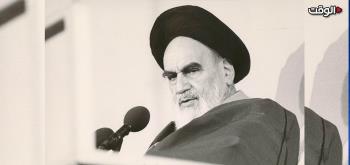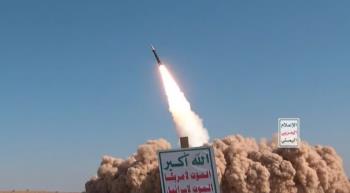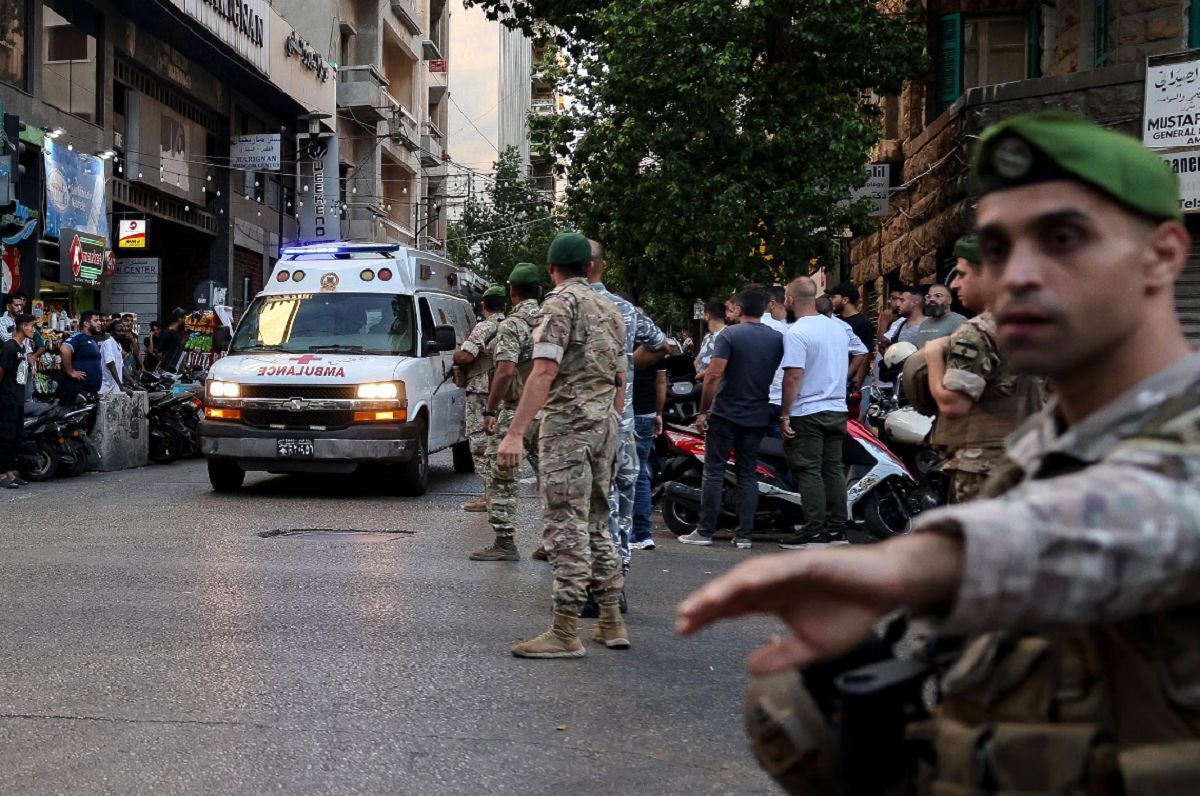Alwaght- On Thursday, Lebanon once again became a recurrent scene of a tragedy.
Hours after the recent Israeli airstrike on the southern suburbs of Beirut, heartbreaking images of the destruction of residential homes and the lifeless bodies of civilians once again flooded the world's media.
This is while the Lebanese army, in a desperate statement, once again called on the international community to intervene, without offering a practical solution to prevent the recurrence of these tragedies.
On Friday, the Lebanese army, in a statement after the Israeli army's airstrike on the suburbs of Beirut, which resulted in casualties, announced from a desperate position: "Israel, despite coordinated efforts with the Ceasefire Monitoring Committee, has rejected the country's offer to inspect sites in the southern suburbs of Beirut in order to prevent new attacks." The statement, referring to the Thursday night airstrikes on the southern suburbs and southern regions of Lebanon, stated that the Israeli regime continues its aggression against Lebanon.
At the sane time, the country's President Joseph Aoun, who himself was army chief before the present post, in a desperate stance only condemned the attacks on Beirut.
These positions have now raised the question more than ever among public opinion: How can these verbal condemnations help create deterrence and end the occupation and stop the Israeli regime's occasional attacks, especially in a situation where Israel has shown that it does not adhere to any international treaty or agreement, as it is backed by Western support, especially the US?
According to the November 2024 ceasefire agreement between Hezbollah and the Israeli regime, for whose implementation the Lebanese government and foreign guarantor parties, including the US and France, were responsible, the Israeli army was supposed to end its attacks on Lebanese territory and the Israeli army would completely leave the country.
However, according to the UN report, since November 2024, in addition to maintaining military occupation in parts of southern Lebanon, Israel has violated the country's airspace 127 times. These attacks have in many cases led to material damage and human casualties, as statistics show that as a result of airstrikes in the past 6 months, at least 43 civilians have been killed and 216 injured, 180 residential units have been destroyed, and 73 commercial centers have suffered losses exceeding $320 million.
After defeating the Israeli army's offensive on Lebanese territory and forcing it to accept a ceasefire, Hezbollah, based on national interests, entrusted the new government with the follow-up and implementation of the terms of the agreement in order to eliminate any excuse for Israeli aggression.
However, during this period, the Lebanese government, instead of finding a way to stop the Israeli attacks, has mainly focused on pursuing the plan presented for the country by the Arab countries and the West, namely the disarmament of Hezbollah.
According to this plan, disarmament of Hezbollah will remove the Israeli excuses for attacks on Lebanon and Israel will lose its motivation for occupation of the Lebanese territory and the international institutions will pave the way for a diplomatic settlement. But these promises are simply a mirage disclosed to the Lebanese public and officials as Hezbollah over the past six months has shown self-restraint.
The Lebanese government's retreats in the face of the excesses and interference of the US and other foreign parties opposing the Hezbollah have not only not paved the way for the implementation of the ceasefire agreement and the liberation of Lebanese territories, but have also motivated the Israelis to step up their attacks.
Lebanon has repeatedly tried to force Israel to abide by the rules through international mechanisms, but has so far gone nowhere.
The Lebanese government and army have been caught in a strategic contradiction for years: On the one hand, they are under pressure from foreign parties and internal opponents of Hezbollah to disarm the resistance movement, and on the other hand, they have been practically powerless against the repeated aggressions of the Israeli regime.
This powerlessness showed itself more clearly after the latest Israeli airstrike in southern Beirut, drawing criticism of the political figures and the public against views trusting the US and forsaking the option of resistance to Israel. Ihab Hamadeh, a member of Loyalty to Resistance parliamentary faction, in reaction to the recent Israeli attacks questioned the approach of government. "What was the result of the diplomacy option? In war, we would kill and be killed, but today, with the tolerance option, we are only being killed."
As a result, now the option of boosting Lebanon's deterrence is finding approval with public opinion.
A poll by the Beirut Center for Strategic Studies conducted in January shows that 72 percent of Lebanese believe that the current army is unable to provide security, 65 percent said that disarming Hezbollah without an alternative would be national suicide, and 58 percent believe that the government only cares about party interests.
So, it seems that Hezbollah's decline to respond to the Israeli aggression has been driven by expediency to show to the public that the army and government are incapable of protecting security against the Israeli attacks and also show to the opposition and critics why they should not think about disarming Hezbollah and what heavy costs this option can foist on the national sovereignty.
As the internal supporters of Hezbollah disarmament lose credibility and the army is proven to lack the capability to protect Lebanese territorial sovereignty, Hezbollah in the coming days and weeks will certainly enter the battleground from a position of strength to counter Israeli attacks and will restore the equation of deterrence that was established thanks to years of sacrifices of its men, especially its chief Sayyed Hassan Nasrallah, and will punish the Israeli enemy by surprise.



























